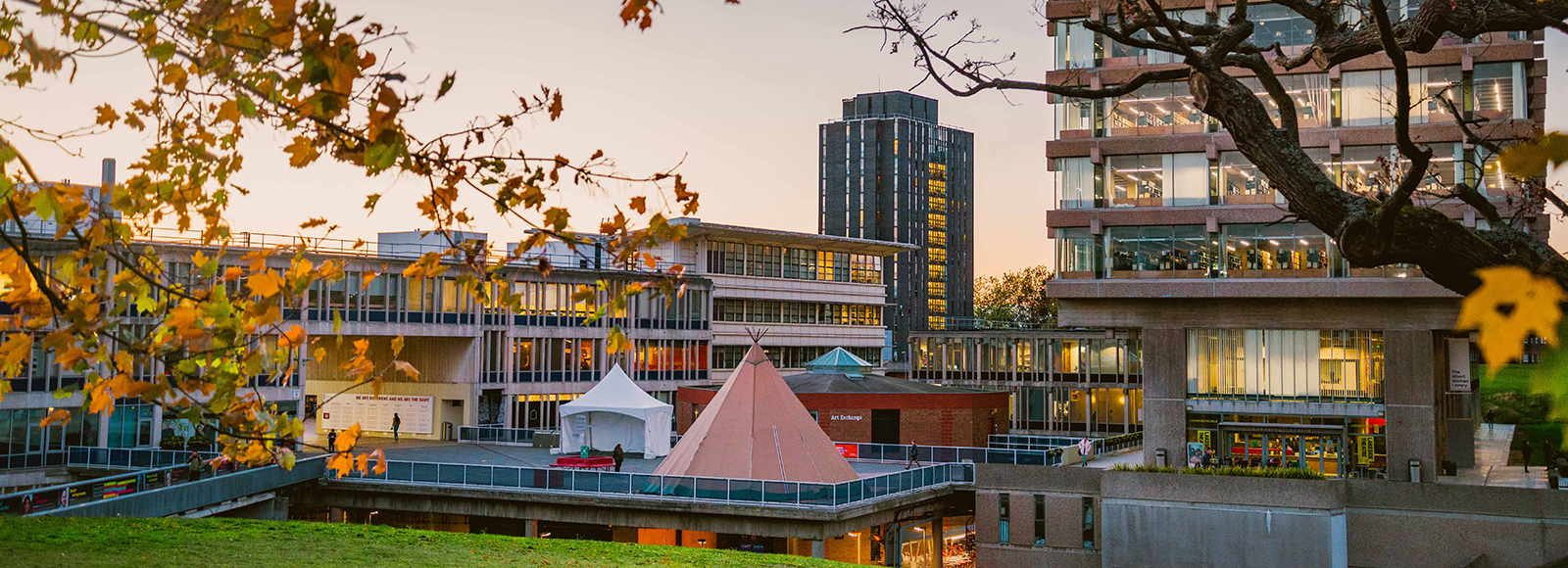- ...
Postgraduate Studentships - Search for funding opportunities.
Postgraduate Studentships - Search for funding opportunities.
What does it mean to be powerful or powerless? Across different times and places, how have people and groups used or abused power, and how have they gained or lost it? In a world threatened by the rise of far-right groups, invigorated by mass protests such as Black Lives Matter or #MeToo, and rocked by political, economic, and cultural crisis, this MA traces the historical roots of some of today’s most urgent fights for power.
We look at the ways and means by which power has operated in the past to consider who has power, why it might be shared, and how it is resisted. We examine different sites of power, from bodies to institutions, and its multiple workings, from slavery and torture to consumer decisions and food sustainability. The struggle for power can be reflected in racism, sexism, and homophobia – attacks on people’s identities to reinforce the dominance of one group or ideology. Yet those identities are also sources of pleasure, celebration, and resistance, whether through conflict or cooperation. Power can also be shared within communities, whether to bolster the dominant group or to provide more social equity.
This MA explores urgent questions about how systems of power shaped, and continue to shape, people’s lives, opportunities, and identities, including:
In our Department of History you are taught by award-winning academics from all over the world: our corridors are truly cosmopolitan. We also provide you with opportunities to explore local history and have close ties with the Essex Record Office, one of the best county record offices in the UK.
We will consider all applicants with 2:2 or above, or equivalent international qualifications. For some courses, there may be additional requirements which can be found on our website.
For fees and funding options including scholarships available please visit website to find out more
We have excellent links with the research community, both in the UK and worldwide, so many of our students have gone on to teach in higher education institutions. Others have found employment in archives, research, managing research funds, other forms of educational provision, the Civil Service, the National Health Service, and management.
Within our Department of History, we offer supervision for PhD, MPhil and MA by Dissertation. Themes of particular research interest include:
Our University is one of only 11 AHRC-accredited Doctoral Training Centres in the UK. This means that we offer funded PhD studentships which also provide a range of research and training opportunities.

Founded by Sir Albert Sloman during the peak of the counterculture, the University of Essex was built to be “a new kind of university…where research r...
Sign up to Postgraduate Studentships
Sign up to compare masters
Thanks for making your selection. Click below to view your comparisons.